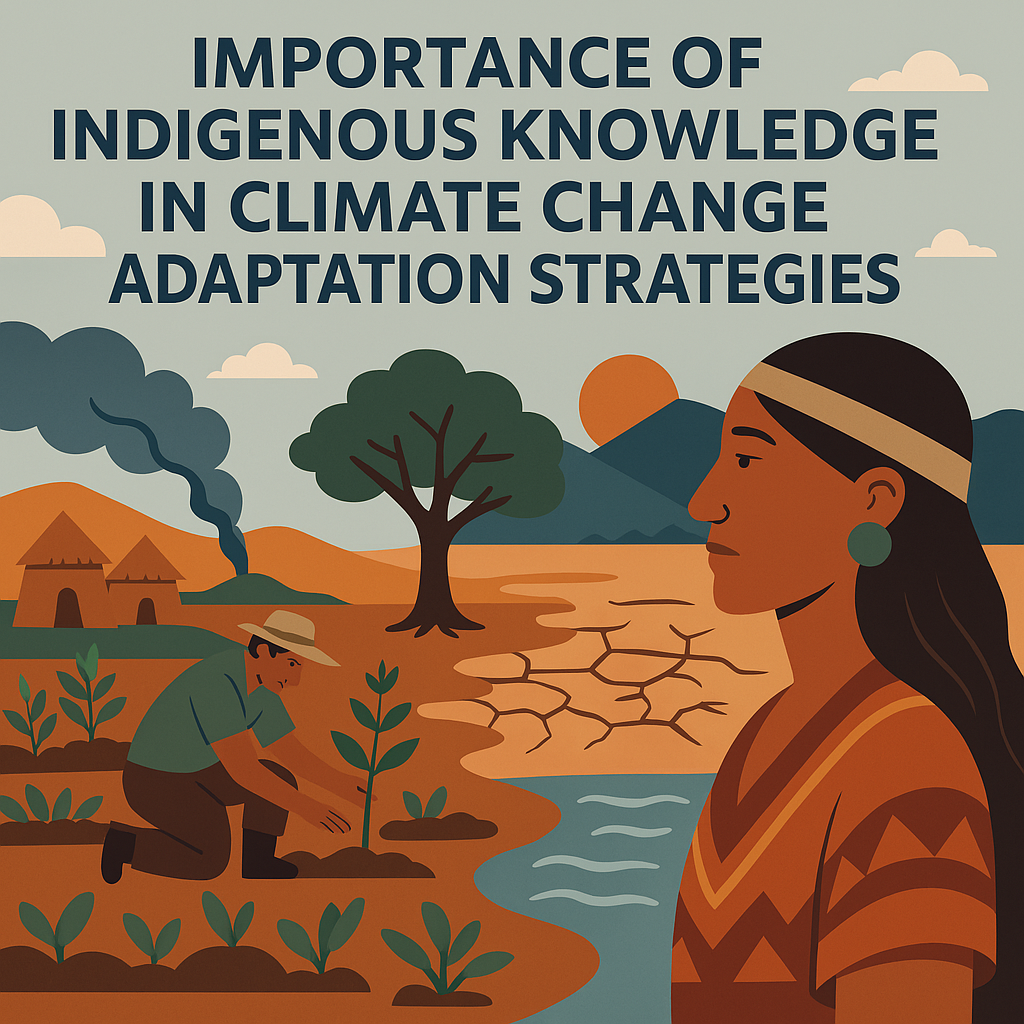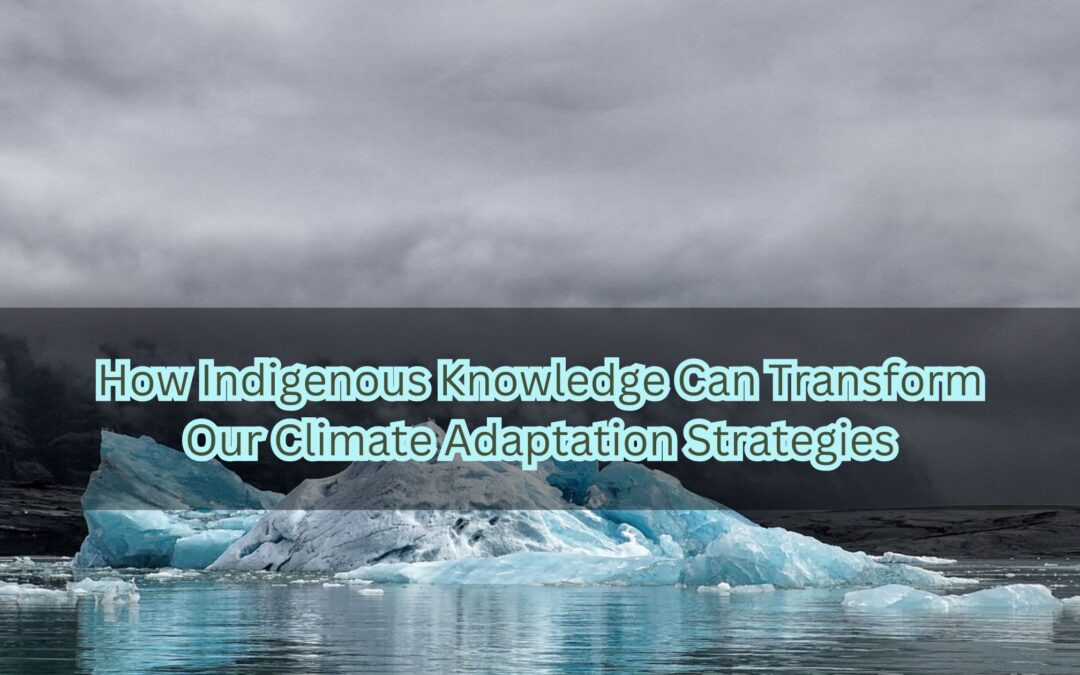“Climate change isn’t just a scientific phenomenon; it’s a challenge deeply rooted in human culture and history,” I recently heard an environmentalist say during a community gathering. Indeed, to effectively address climate change, we must tap into the diverse and profound wisdom held by indigenous communities worldwide. Indigenous knowledge could significantly enhance global climate adaptation strategies—if only we’re willing to listen.
Why Indigenous Knowledge Matters
First and foremost, indigenous peoples have coexisted sustainably with their environments for centuries. “Our ancestors didn’t just survive—they thrived,” a tribal leader explained. By observing nature closely and adapting over generations, indigenous communities have developed techniques remarkably suited to their specific ecosystems.
Moreover, indigenous practices often emphasize sustainability and biodiversity. For instance, indigenous farming methods typically involve crop rotation, intercropping, and agroforestry—all strategies that boost resilience against pests, droughts, and flooding. These methods are particularly important as climate impacts become increasingly unpredictable.
Transitional words aside, indigenous knowledge also stresses ecological balance. “We see ourselves as custodians, not owners, of the land,” another elder noted. This fundamental mindset is critical when addressing global environmental crises like climate change.

Integrating Indigenous Wisdom into Climate Policies
However, recognizing the value of indigenous knowledge is only the first step. For real transformation to occur, we need to integrate these insights into formal climate policies. Fortunately, there are promising examples already emerging.
For instance, the United Nations Framework Convention on Climate Change (UNFCCC) increasingly advocates incorporating indigenous knowledge into climate action plans. “Our voices are finally starting to be heard,” a young indigenous activist said, reflecting growing optimism within these communities.
Collaborative projects, such as community-led reforestation initiatives or the revival of traditional water management systems, demonstrate the practical benefits of integrating traditional methods with contemporary climate science. By combining both perspectives, communities achieve greater resilience and sustainability.
Challenges and Opportunities Ahead
Yet, despite these promising developments, significant hurdles remain. Marginalization, legal exclusion, and lack of recognition continue to threaten indigenous communities and their capacity to share vital knowledge.
“Our land rights are crucial,” a community advocate passionately emphasized. Indeed, securing land tenure and legal recognition is fundamental for indigenous communities to contribute effectively to global climate strategies.
Moreover, education and awareness programs can bridge the gap between traditional wisdom and scientific approaches. Organizations such as Survival International and others tirelessly advocate for indigenous rights and knowledge preservation, providing invaluable platforms for dialogue and action.
Moving Forward Together
Ultimately, integrating indigenous knowledge into climate adaptation strategies isn’t merely beneficial—it’s essential. “Climate change affects everyone,” an elder wisely concluded, “but by combining our collective wisdom, we can create lasting solutions.”
Let’s commit to amplifying indigenous voices and protecting their rights. By doing so, we don’t just enrich our environmental strategies; we build more just, inclusive, and resilient communities for the future.
Interested in learning more about environmental health strategies and community-driven solutions? Visit EAT Community today and connect with expert environmentalists dedicated to a sustainable future.
Related Articles and Resources:
- Understanding Government Policies and Incentives Supporting Regenerative Agriculture
- Forests Support Indigenous Cultures: A Vital Relationship for Sustainability
- The Power of Mycorrhizal Networks: Enhancing Forest Health, Resilience, and Biodiversity
- United Nations Framework Convention on Climate Change (UNFCCC)
- Home – Survival International


Recent Comments